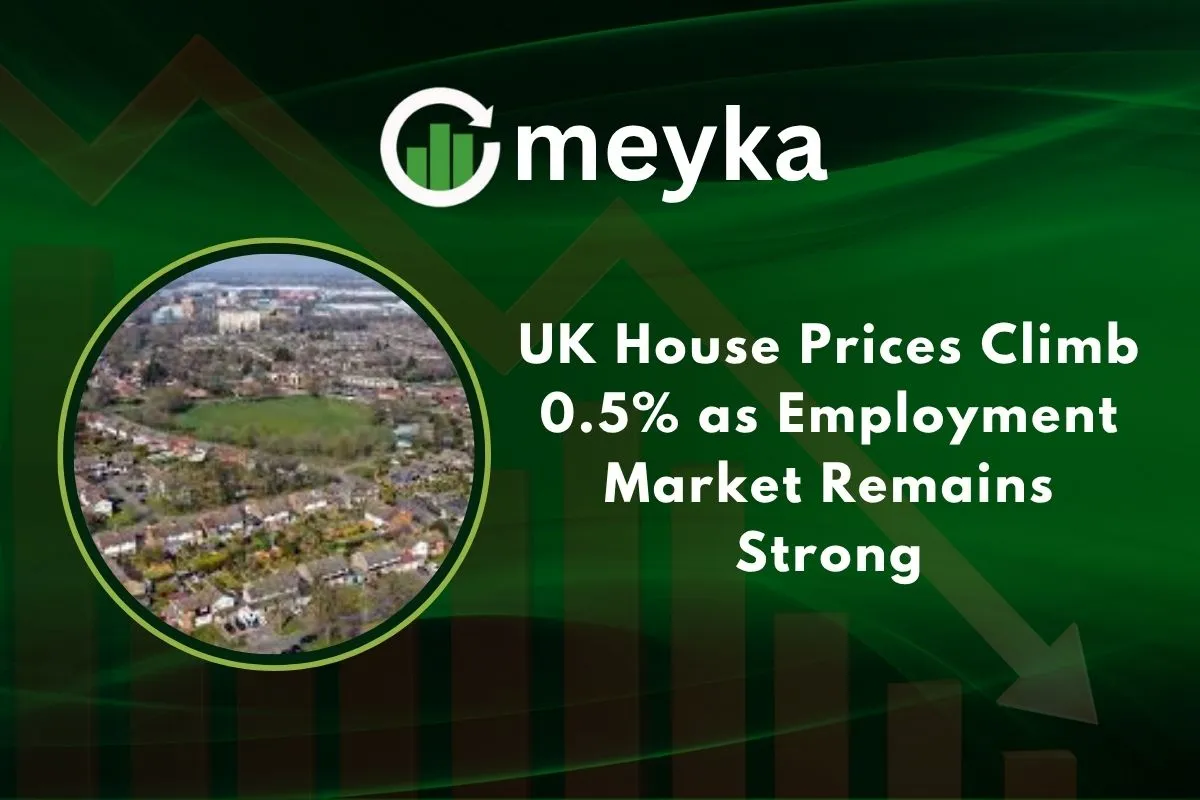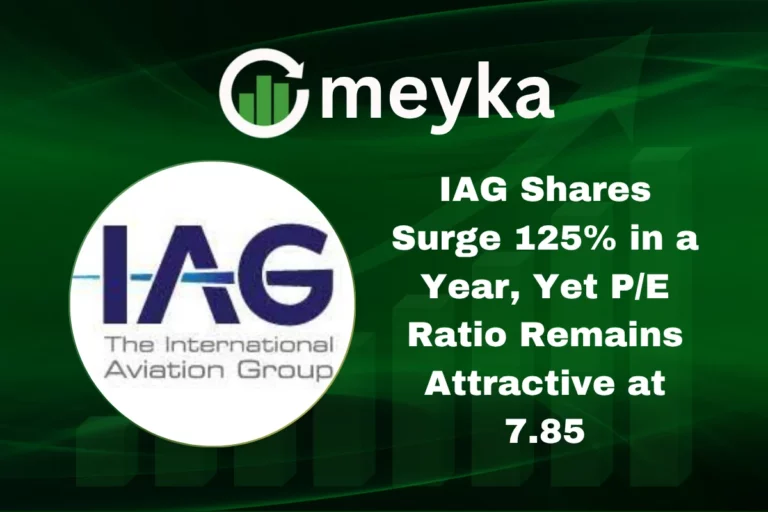UK House Prices Climb 0.5% as Employment Market Remains Strong
In September 2025, UK house prices experienced a 0.5% increase, surpassing expectations and signaling a rebound from the previous month’s decline. This uptick brings the average home price to £271,995, according to Nationwide Building Society. The resilience of the housing market is attributed to several factors, including a robust employment sector, stable mortgage rates, and regional disparities in price growth.
Current UK House Price Trends
The 0.5% monthly rise in September follows a 0.1% drop in August, indicating a stabilization in the housing market. On an annual basis, house prices have increased by 2.2%, slightly up from 2.1% in August. Despite this growth, prices remain below the rates of wage growth and inflation, suggesting that affordability challenges persist for many potential buyers.
Regionally, Northern Ireland leads with a significant 9.6% annual increase, while northern England sees a 5.1% rise. In contrast, London and the southeast experience more modest growth, with increases of 0.6% and 0.3%, respectively.
Role of the Employment Market
The strength of the UK’s employment market plays a crucial role in supporting house prices. As of September 2025, the unemployment rate stands at 4.7%, and average earnings have risen by 4.8%. These factors contribute to improved consumer confidence and purchasing power, enabling more individuals to enter the housing market.
Additionally, mortgage approvals have returned to pre-pandemic levels, further indicating a healthy demand for housing.
Mortgage Rates and Lending Environment
Mortgage rates have remained relatively stable, with the Bank of England’s base rate held at 4% since August 2025. As a result, average mortgage rates for a five-year fixed-rate loan are approximately 5.03%. These rates, while higher than historical lows, are considered manageable for many buyers, especially in light of rising incomes.
The lending environment has also seen improvements, with mortgage approvals stabilizing at around 65,000 per month, close to pre-pandemic levels.
Regional and Sectoral Differences
Regional variations in house price growth are notable. Northern Ireland and northern England have experienced significant annual increases, while London and the southeast have seen more modest gains. This divergence is attributed to factors such as affordability, demand, and local economic conditions.
In terms of property types, semi-detached homes have seen a 3.4% rise, while detached houses grew by 2.5%. Conversely, flat prices have declined by 0.3%, reflecting changing preferences and affordability constraints among buyers.
Economic and Policy Influences
Government policies and economic factors continue to influence the housing market. The upcoming UK budget in November 2025 is expected to introduce tax changes, including a potential new levy on homes valued over £500,000, which may impact market sentiment.
Additionally, housing starts have fallen to just 28,180 in the first quarter of 2025, down 9% from the previous quarter, indicating a slowdown in new housing supply. This reduction in supply, coupled with steady demand, may exert upward pressure on prices in certain regions.
Conclusion
The UK housing market in September 2025 demonstrates resilience, with house prices showing positive growth amid a strong employment backdrop. While regional disparities and affordability challenges persist, the overall market remains stable. Buyers and investors should stay informed about economic indicators and policy changes that may influence future market dynamics.
FAQS:
UK house prices are rising slowly, and mortgage rates are stable. If you can afford it, buying now may be good, but consider your budget and long-term plans.
During a recession, house prices usually fall because fewer people can afford homes. Demand drops, and sellers may lower prices to attract buyers, slowing the housing market.
House prices rise when demand is higher than supply. Strong jobs, rising wages, low interest rates, and limited new homes push prices up across the UK housing market.
Disclaimer:
This content is for informational purposes only and is not financial advice. Always conduct your research.






